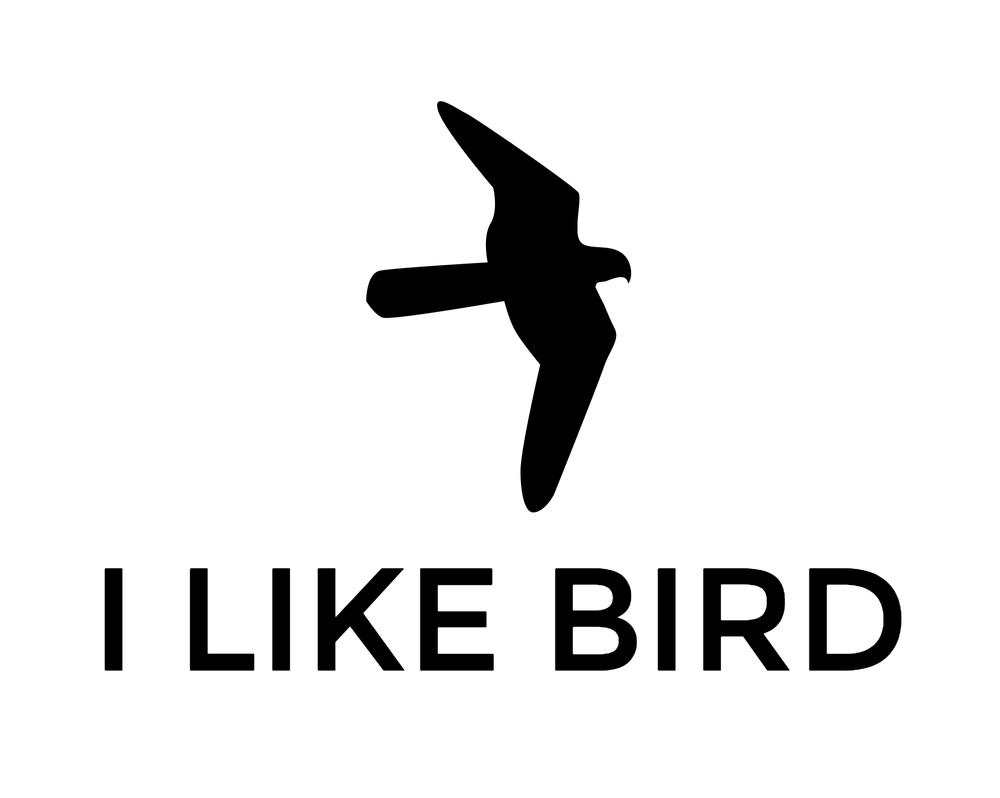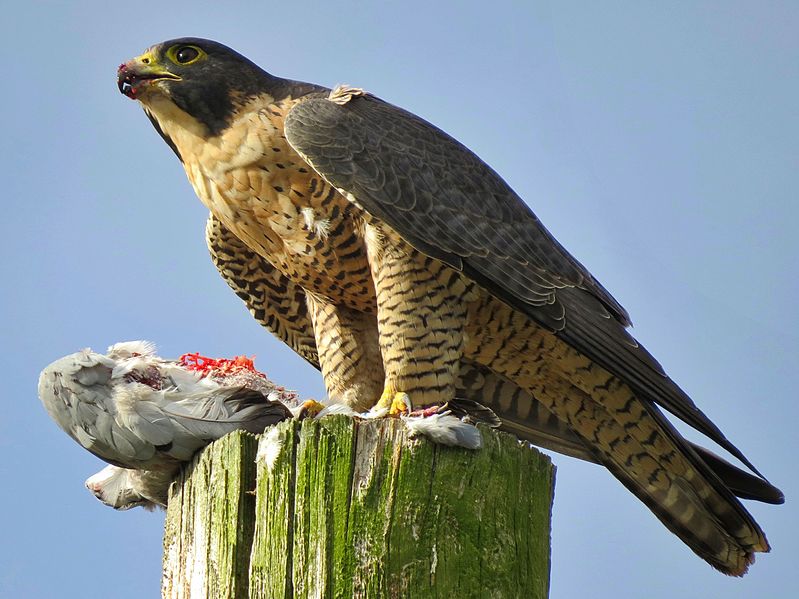Peregrine Falcons are making a comeback in the UK, after learning to nest on cathedrals, pylons......and on top of a hospital in Hammersmith!
Breeding numbers of the raptors, which can dive at a speed faster than 200mph, have hit a record high, with a particularly large boost in England.
It seems the birds of prey are being lured to towns and cities, where they can feed on the large number of urban pigeons. Nowhere is this more evident than at Hammersmith's Charing Cross Hospital where a pair have been nesting for an incredible eight years.
If you have a telescope or a long-lens camera you can watch them from various hides at the London Wetland Centre in Barnes. London birdwatchers have also taken bird photos in Richmond of the hunters swooping low over Richmond Park
In fact the British Trust for Ornithology says one in seven breeding attempts by falcons are now on manmade structures, mainly buildings such as churches, hospitals and office blocks. This hit the headlines a few years ago when locals in Southampton were left without a phone signal but Vodafone was unable to immediately fix the fault because of a peregrine nest.
A pair of peregrines have been nesting at Charing Cross Hospital for eight years
But the species is also using bridges, quarries, dams and grain silos to raise their young.
Its 2014 peregrine survey, which provides the most up-to-date population estimate, puts the breeding number at 1,769 pairs - an increase of almost a quarter from 2002.
Eastern England has seen the largest increases within the UK. In East Anglia, the Peregrine population went up from no pairs to an estimated 44 pairs between the surveys in 2002 and 2014.
A peregrine on the roof of Charing Cross Hospital PHOTO: Fulham and Barnes Peregrines
The Channel Islands were covered in this survey for the first time, with an estimated total of 16 breeding pairs found, probably covering the majority of breeding pairs on the islands.
For London bird photos, visit www.ilikebird.uk



